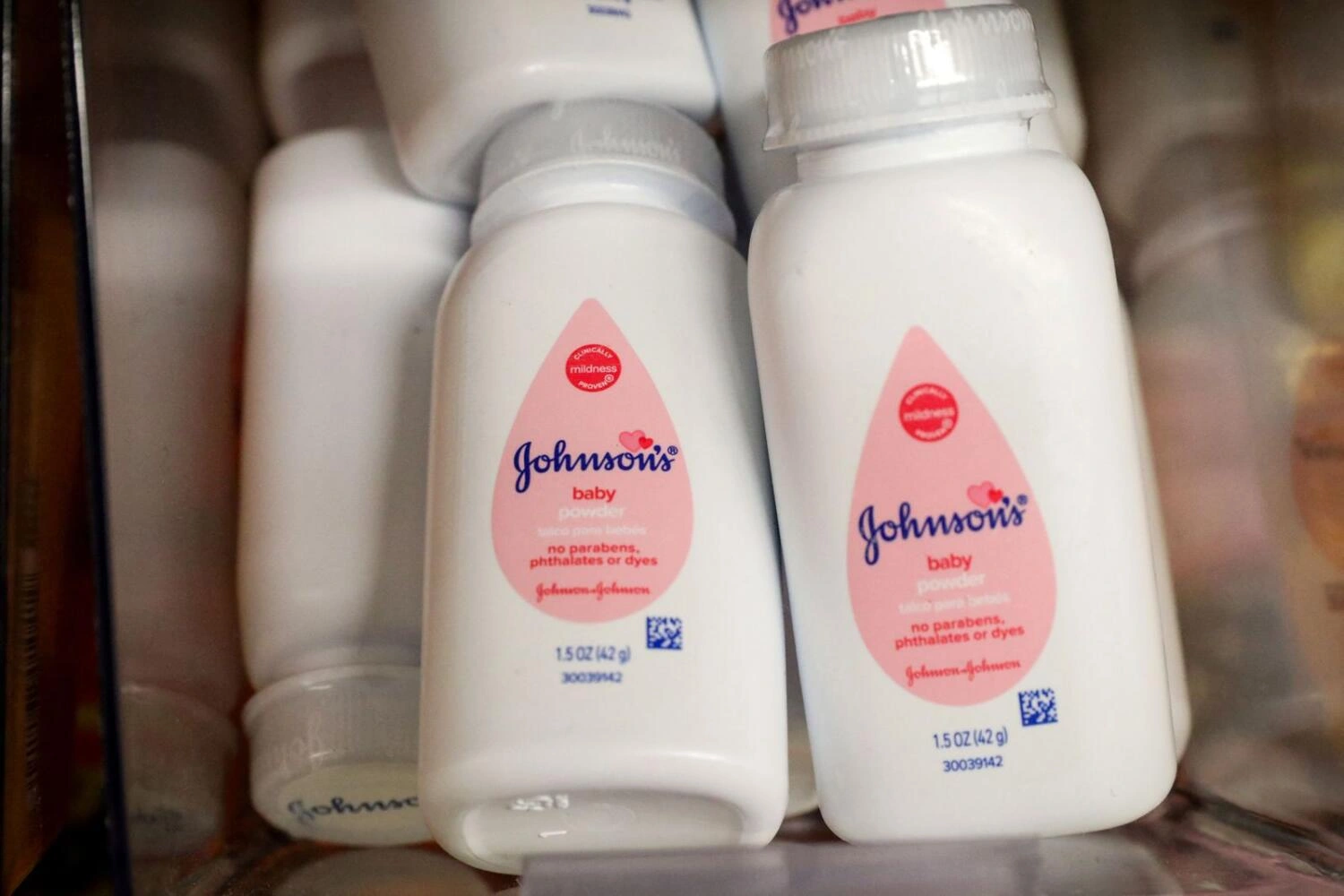On Wednesday, UK claimants announced legal action against Johnson & Johnson (J&J), a major US pharmaceutical and cosmetics company. The lawsuit alleges that women diagnosed with cancer were exposed to asbestos in the company’s talcum powder.
This marks the first time J&J faces such allegations in a UK court, although it has faced similar lawsuits in North America.
Lawyers Represent 2,000 Claimants
Law firm KP Law, which represents around 2,000 claimants, stated that women suffering from severe and life-threatening cancers were exposed to asbestos in J&J’s talcum powder.
Erik Haas, J&J’s global vice president of litigation, responded, saying, “Johnson & Johnson takes the issue of talc safety incredibly seriously and always has.” Haas added that J&J’s internal tests and independent research have shown no asbestos in its talc products. He also emphasized that scientific studies confirm no link between talc use and ovarian cancer or mesothelioma.
Legal Steps and Company Response
J&J has until the end of the year to respond to a letter from KP Law. If unresolved, the case will proceed to the UK High Court. The law firm noted that many of its clients are women, some of whom have died from their illnesses, and stated it has been contacted by thousands more.
Lawyers allege that J&J was aware as early as the 1970s of the dangers of asbestos in its talc but failed to warn consumers. Despite this, the company continued selling the products in the UK until 2022.
J&J maintains that its former consumer health division, Kenvue, now holds responsibility for any talc-related claims outside North America. A Kenvue statement reinforced the safety of talc, citing decades of testing by experts that found no asbestos or cancer risk in their products.
Global Settlements and Safety Concerns
In September, J&J increased its offer to settle US ovarian cancer claims to $8 billion, to be paid over 25 years. Earlier this year, it agreed to a $700 million settlement in North America over allegations it misled customers about the safety of talcum-based powders. While J&J has not admitted wrongdoing, it withdrew the product from the North American market in 2020.
The World Health Organization’s cancer agency classified talc as “probably carcinogenic” to humans in July 2023. However, a 2020 study analyzing data from 250,000 women in the US found no statistical link between talc use on genitals and ovarian cancer.
J&J’s talc lawsuits continue to be a significant legal and public health matter, with claimants worldwide demanding accountability.





